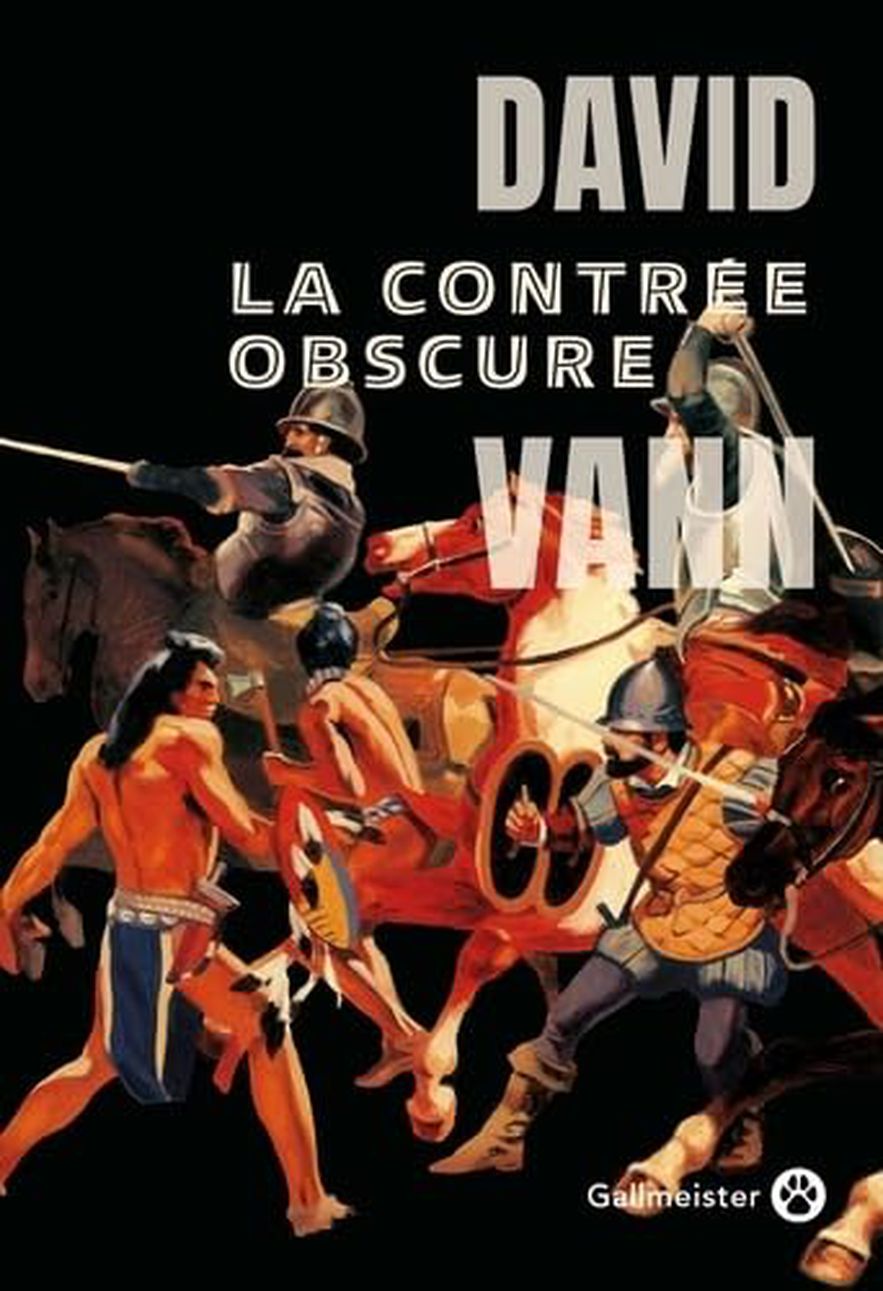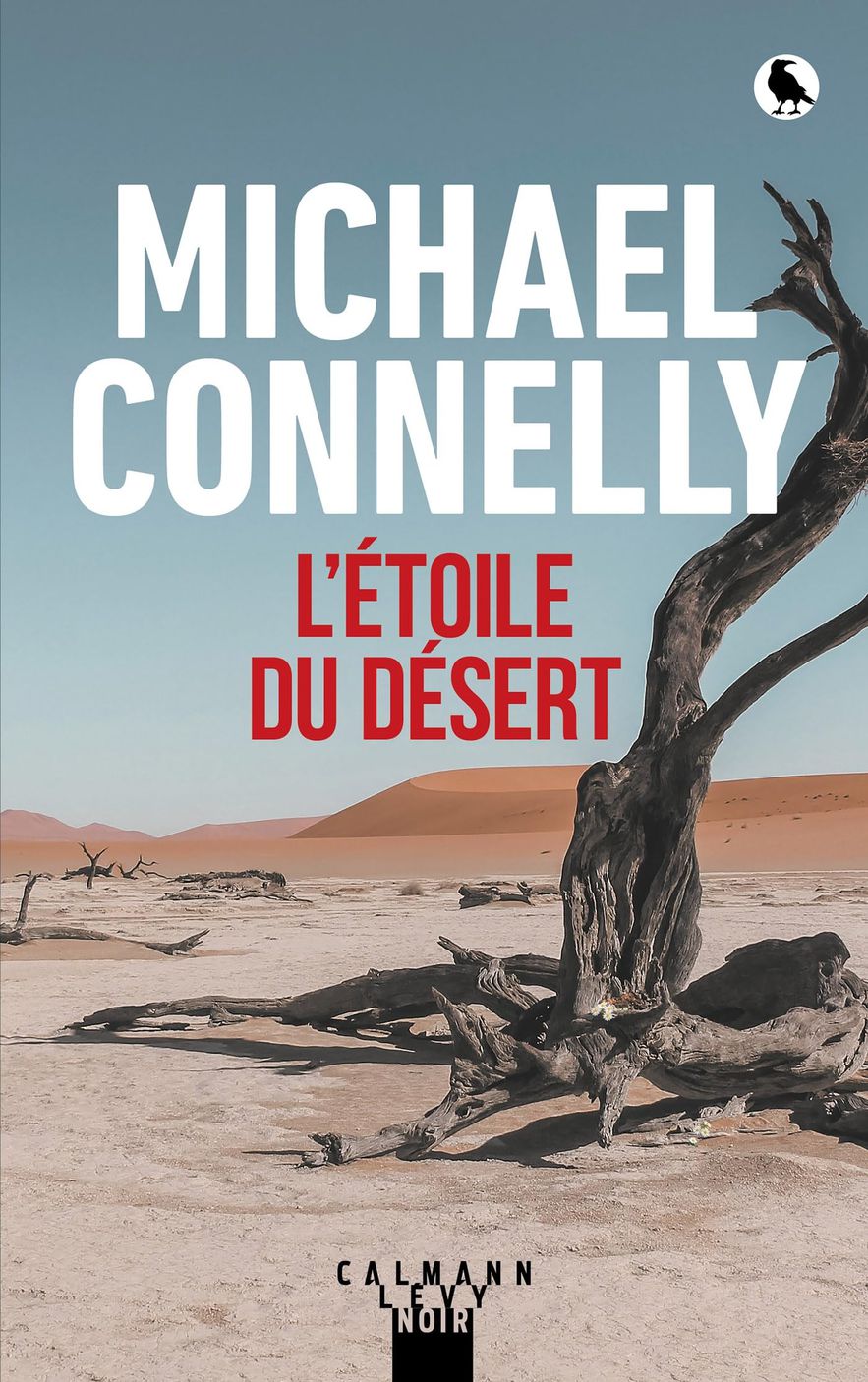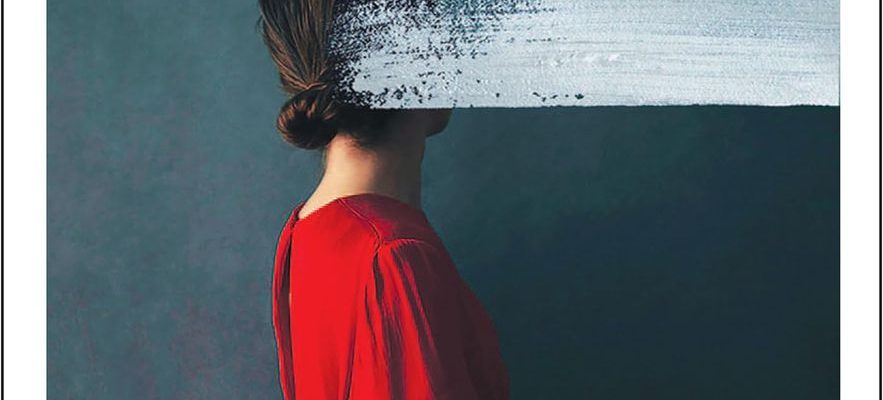The thickness of a hair
By Claire Berest.
Albin Michel, 240 p., €19.90.
L’Express rating: 3/5
The Thickness of a Hair By Claire Berest.
© / Albin Michel
She, Vive, is a sunny woman who works for an association and would like to flourish as an artist. He, Etienne, is stubborn and stubborn – funny detail, this psychorigid boy works as a proofreader in publishing! They have been together for ten years, but there has been trouble since Etienne suspected Vive of infidelity. One day, the jealous husband finally exploded and killed his wife with around thirty stab wounds. We don’t reveal anything: from the second paragraph of The thickness of a hair, Claire Berest spills the beans. The interest of her new novel therefore lies not in the fall, but in the way in which she describes the irresistible rise of a tension which will lead to a crime of passion.
The Berest sisters, Anne and Claire, have established themselves in recent years as two figures of current literature. They are far from being twins. If the style of Anne (author of Postcard) is cold and perfectly mastered, that of Claire (author of Nothing is black, on Frida Kahlo) is readily baroque, colorful, uncontrollable. His book, which is more of a psychological thriller than a pure and hard thriller, contains some brave pieces – special mention to a dialogue of the deaf of around ten pages where Vive and Etienne gradually become confused, each one sinking in what he says without listening to what the other says. Rather than learning about narcissistic perverts by reading Eric Reinhardt, it is better to learn something about possessive executioners with the latest, stronger Claire Berest. Louis-Henri de La Rochefoucauld
The Dark Land
By David Vann, trans. from English (United States) by Laura Derajinski.
Gallmeister, 512 p., €26.
The Express rating: 4/5

La Rochefoucauld The Dark Country By David Vann, trans. from English (United States) by Laura Derajinski
© / Gallmeister
On April 7, 1538, the Spanish conquistador Hernando de Soto set sail to take possession of La Florida, a distant land on the other side of the sea of which King Charles V had named him marquis and governor. At his side, hundreds of soldiers, horses, war dogs. From the start, everything goes wrong. The coast is a dense, inextricable jungle, and the tribes who populate it, burned by a previous Spanish expedition, are not the most welcoming. Above all, de Soto is distressed: the gold he covets cannot be found, but he cannot believe in its absence. It definitely exists. So he takes hostages, massacres, humiliates, rapes, sinking ever deeper into this “dark land”.
In this story full of breath despite the repetition of days devoted to an adventure which never finds its finality, David Vann portrays a de Soto who is cruel and delighted to be so, funny too, sometimes, in the sarcasms he addresses to his lieutenants, and apex predator (“In this world, arriving is enough. The only thing left to do is take.”). But all the salt of the book lies in the alternation between these chapters and those in which the strange story of the Wild Child takes shape. A complex, dark story, which is one of the creation myths of the Cherokee that the conquistador will eventually encounter on his route, and whose presence is enough to invalidate the conviction of all those who, like de Soto, considered the “peoples first” as having no History. Bertrand Bouard
The Desert Star
By Michael Connelly, trans. from English (United States) by Robert Pépin.
Calmann-Lévy, 400 p., €22.90.
The Express rating: 4/5

The Desert Star By Michael Connelly, trans. from English (United States) by Robert Pépin.
© / Calmann-Lévy
He couldn’t be counted on to retire. Politely led towards the exit of the Los Angeles Police Department, Inspector Harry Bosch is contacted by his former colleague, Renée Ballard, who has risen to the rank and head of a unit of volunteers responsible for investigating unsolved cases. The promise she makes to Bosch cannot be refused: through his participation in the cell, he will be able to continue his investigations into the case that haunts him, the murder of the Gallagher family, whose bodies were found buried in the desert . Bosch identified the long-time killer – the father’s associate – but was never able to prove his guilt. At the same time, Ballard slips him a more urgent and explosive file: the assassination, more than twenty years ago, of the young Sarah Pearlman, whose brother became a municipal councilor. A business that quickly turns out to be sprawling.
There is a Connelly touch, which we happily find. Absolute sobriety – a few adjectives, rarely a metaphor –, the perfection of the dialogues, and a hyper-precision of the investigation, its slowness, its convolutions, its effects on those who carry it out. Connelly and Bosch now rely on advances in DNA detection and investigative genetic genealogy, but these tools are no substitute for instinct. Which tells the ex-inspector to take an interest in a political campaign pin, which will end up putting him on the trail of a serial killer. Or when the devil is in the details, literally. B.Bo.
